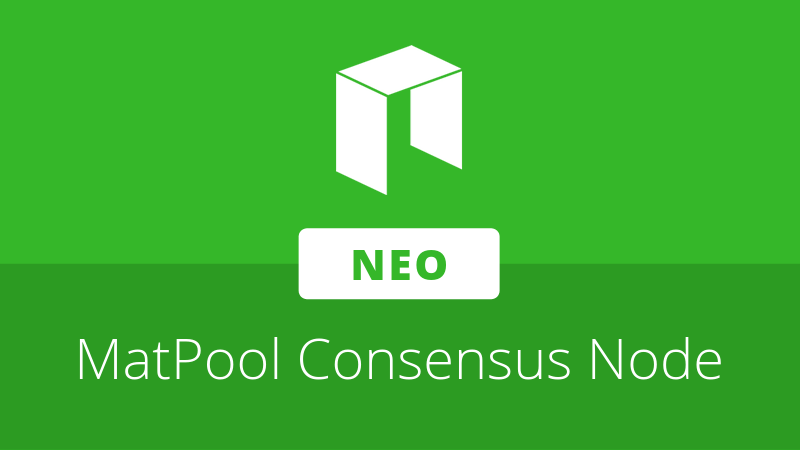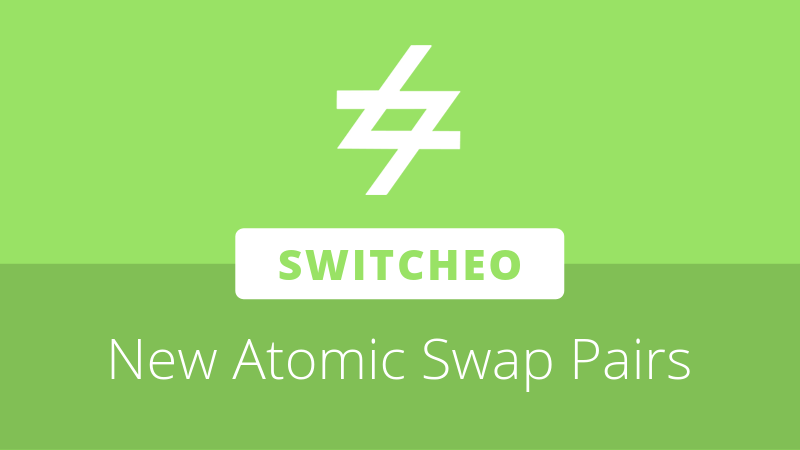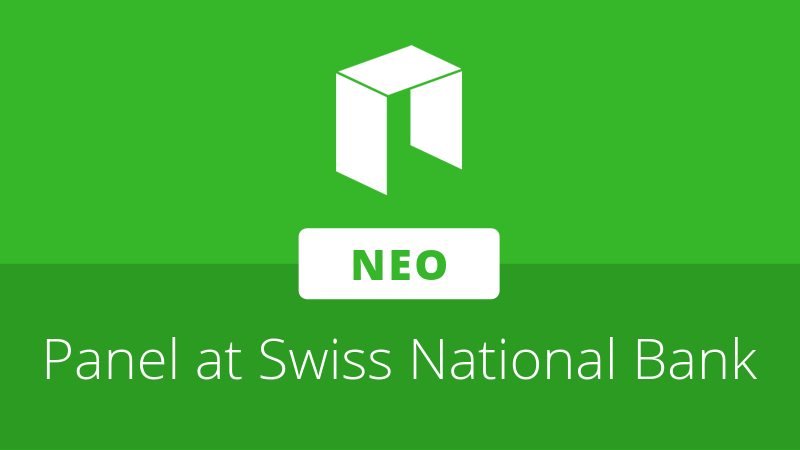
On May 24th, the NEO Foundation announced that MatPool, a “transparent mining pool platform from established Chinese blockchain media outlet 8BTC,” was voted in as a consensus node on the NEO TestNet.
The addition of MatPool takes the number of entities hosting nodes on the NEO TestNet to six with KPN, COZ, Swisscom and NEO Global Development hosting a node each, and the NEO Foundation hosting two.
MatPool is led by CTO and former Facebook engineer Lei Jin, along with COO and BTC8 partner Zongchen Li. On the reasons for becoming a NEO consensus node, Li said:
“There are two forces driving us to become a NEO consensus node. One is that NEO is a well-known public chain project, founded in China with strong technology and a dedicated user base. Becoming a NEO node also demonstrates our recognition of the project direction and technological implementation. The other is our optimism about the NEO Ecosystem. MatPool will take advantage of its capital, technology, and other resources to help build the NEO ecosystem.”
MatPool was selected through an off-chain governance process designed to guide network decentralization by delegating nodes to “reliable and trustworthy parties.” Parties interested in hosting a NEO consensus node can apply to the NEO Foundation with information about their organization and a maintenance proposal.
Candidates will be chosen based on their qualification and potential contributions to the NEO ecosystem, and are required to successfully operate a stable node on TestNet for six months before an election to MainNet.
In order to fully decentralize, NEO aims for on-chain governance to be the main source of consensus node governance in the future. This will be achieved by the NEO Foundation’s continued investment of tokens into the long-term development, operation, and maintenance of the NEO ecosystem. NEO token holders can vote according to the number of tokens they hold and are “the network owners and managers, managing the network through voting.” Therefore, as the NEO Foundation distributes tokens through ecosystem funding, they diminish the amount of influence they have on the voting process.
The full announcement can be found below:
https://neo.org/blog/details/4147







About The Author: Dean Jeffs
Dean is a digital project manager who has worked extensively with start ups and agencies in the marketing space. Fascinated by the potential applications of blockchain technology, Dean has a passion for realising the new smart economy.
More posts by Dean Jeffs